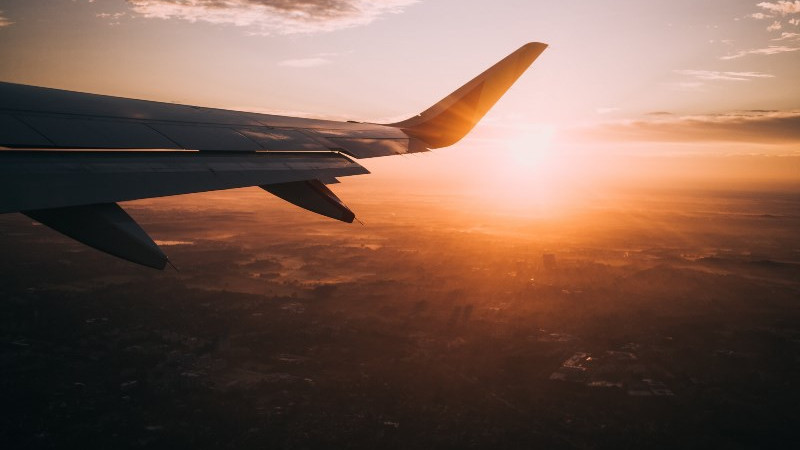In the past 12 months, Exeter Airport has witnessed the absence of FlyBe (its main revenue stream) and a perpetuated downturn in passenger traffic and flights, owing to the Covid-19 Pandemic. However, as the prospect of reopening its Airspace draws closer, so does its strategy towards modernising flying from an environmental perspective.
Indeed, Exeter Airport could be about to witness the departure of the first hybrid-electric aircraft commuter flight bound for Newquay Airport. Should this be fulfilled in line with expectations, then this could be the ‘E-Normal’ moving forward.

2ZERO Project Initiative
All of the above is led by the 2ZERO (Towards Zero Emissions in Regional Aircraft Operations) project. This will witness an evaluation of the requirements for electric driven flights to be commonplace. Importantly, there will be particular attention paid to the recharging capabilities of aircraft batteries. The hope is that such initiatives will reduce emissions by up to 70%.
A key stakeholder in accelerating the growth of electric flights, AmPaire, was awarded £2.4 million by The Future Flight Challenge. As such, they hope for the entire Aviation Industry to complement the green school of thought, as evidenced by their Vice President of Global Partnership, Susan Ying’s comments. She said, “For electric aviation to become commonplace, and play a significant role in reducing greenhouse gases, we need to look at not only electric aircraft but the entire ecosystem to support electric aviation. That will be a key aim of the 2ZERO programme.”
The Road To May 2022
2ZERO project will run until May 2022, by which time there should be clear evidence of progress towards reducing emissions, rather than just coming out of a pandemic recovery. Such thoughts were echoed by East Devon District Council leader, Paul Arnott. He said, “We are keen to support a green recovery rather than just a return to business as usual and today’s announcement is a really important step towards this. It will ensure that the airport can act as a test bed for new technologies including electric flight and can play a leading role in helping to meet the global challenge of decarbonising the aviation industry.”
In summary, the future of the freedoms of the sky will be determined by the care the air is treated with.
